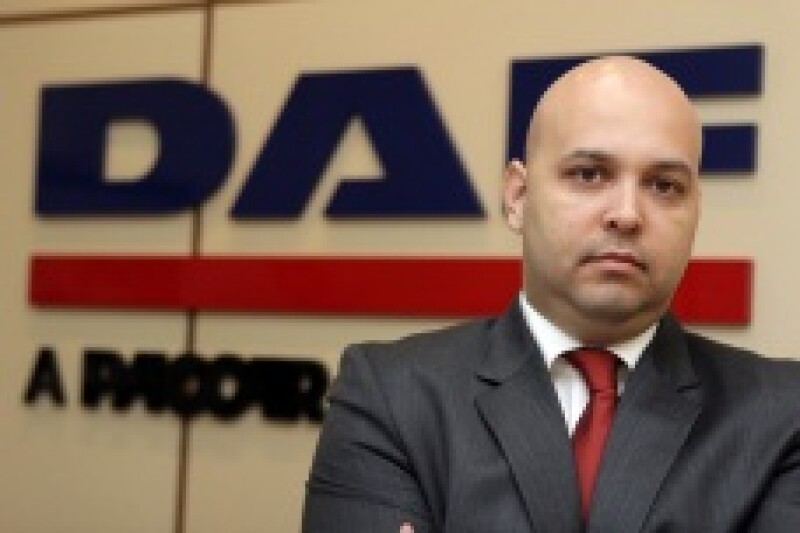
|
Augusto Flores |
Through Decree 7.819/2012, the Brazilian federal government implemented new measures to stimulate the competitiveness of the automotive industry to help the development of domestic suppliers and reduce imports from 2013 up to 2017, called INOVAR-AUTO.
The policy is applied to local producers, importers and “newcomers” with the investment plan, respective description of the investments, project activities timeline, description of the cars to be produced and also description of the cars to be imported (if any), during the assembly plant construction.
The companies have to present, depending on each situation (local producer, importer or newcomer), the minimum level of manufacturing steps, complying with two of the three categories of minimum level of investments:
R&D;
Engineering, manufacturing technology (EMT) and training (even through suppliers development); and
Tagging programme.
The Decree grants IPI (excise tax on industrialized products – essentially a federal VAT) suspension on imports of vehicles, each case depending of the manufacturing capacity of the plant. The quota of importation was defined by a normative rule issued by Ministry of Development, Industry and Foreign Trade.
The Decree also grants an IPI presumed credit that can be used to offset the IPI invoiced to the dealers, in case of vehicles produced in Brazil.
The INOVAR-AUTO homologation (approval process) will be valid for 12 months and may be renewed, by request, for successive periods of more than 12 months, until December 31 2017.
Regarding the activities to be performed in Brazil, the Brazilian federal government established the following conditions, which will change yearly as indicated in the table, among 14 previously defined activities:
FY |
Manufacturing Steps requiried (at least) |
2013 |
9 |
2014 |
10 |
2015 |
10 |
2016 |
11 |
2017 |
11 |
The activities previously defined through Decree 7.819/2012 are the following:
N |
Manufacturing steps |
1 |
Stamping |
2 |
Welding |
3 |
Anti-corrosion treatment and painting |
4 |
Plastic injection |
5 |
Engine fabrication |
6 |
Transmission and gear box fabrication |
7 |
Suspension and steering system assembly |
8 |
Eletric system assembly |
9 |
Axles and brakes assembly |
10 |
Assembly, final revision and compatible testing |
11 |
Body or chassis assembly |
12 |
Body or chassis final assembly, with installation of items including acoustic and thermal, lining and finishing |
13 |
Local production bodies with stamped parties |
14 |
Self infrastructure of laboratories for product development and testing |
In relation to the minimum level of investments required of R&D and EMT, the government defined the following:
Required Spending (% of Net Sales) |
||
FY |
R&D |
EMT |
2013 |
0,15% |
0,50% |
2014 |
0,30% |
0,75% |
2015 |
0,50% |
1% |
2016 |
0,50% |
1% |
2017 |
0,50% |
1% |
There are still some grey areas under discussion within the federal government, such as, for example, whether automakers may change each year the option to achieve the minimum spending required for R&D/EMT, or once chosen, they should spend using exactly the same criteria adopted until 2017. Anyway, there is no doubt that the INOVAR-AUTO is a very important policy to develop the Brazilian industry and it will be very helpful to attract new foreign investors to the Brazilian market.
Augusto Flores de Flores is tax director at DAF Trucks Brazil.










